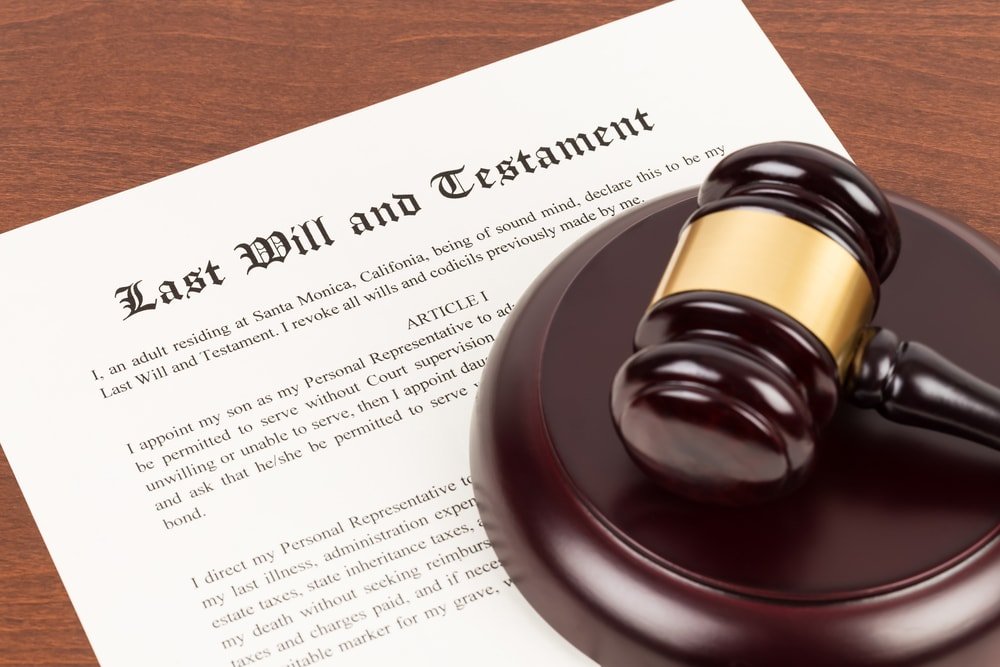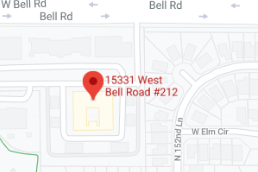How to Prepare for Creating a Will

A Last Will and Testament is an important legal document that details how your property shall be distributed after your death. If you do not have a current Will in place, you are not alone. A 2021Gallup poll found well over half of Americans either do not have a Will or have an outdated one. This figure includes half of all Americans aged 65 and over.
Many people understand the importance of creating a Will, but they never get around to tackling the paperwork. Even a simple Will takes time and money to create. It can also be difficult to come to terms with our own mortality.
While everyone should have a valid and up-to-date Will in place, creating a Will hastily and without proper preparation could be worse than having no Will at all. A poorly constructed Will can lead to fighting among your heirs or cause your estate to be whittled away by inheritance and gift taxes. Before executing a Will that fails to live up to your expectations, take time to thoughtfully prepare an estate plan that reflects your needs, wishes, and legacy.
Consider Your Estate Planning Needs.
A Will can be drafted to match you or your family’s individuality. Before you begin the process of creating your Will, think about what you wish to achieve with this document.
Most of us want to ensure we provide for our loved ones after our death. Make a list of beneficiaries you wish to include in your Will. This can include spouse, children and grandchildren, other family members, friends, paramours, and even pets. If you would like to leave property to a charitable, religious, or nonprofit organization, include them on your list as well.
Keep in mind Arizona law sets aside a share of the estate for spouses and minor children who are not included in the Will. However, if you do not wish to leave anything to your spouse or child above and beyond any statutory minimums, you can specifically omit them within the terms of your Will.
In addition to asserting your voice on how your property shall be distributed upon your death, you may wish to create a Will to ease the burden of settling your estate for your loved ones. If you hold real estate out of state, own your own business, or possess substantial assets, settling your estate might be more complicated than you realize. Dying intestate or using an overly basic or form Will can also set your heirs up for a family feud or long legal battle. In particular, blended families are at risk for inheritance disputes, as outdated Wills and/or intestate laws often pit a stepmother against her stepchildren, or a son against his half-brother.
Fortunately, a well-planned Will can include detailed personal bequests that leave no room for doubt or dispute.
If you wish to avoid the probate process altogether, you can place most of your property in a revocable living trust. However, it is important to remember that a Will does not govern or control the distribution of assets owned by a revocable living trust. In the event you elect to create a revocable living trust, it is important to also execute a “Pour Over Will” that names the revocable living trust as the sole beneficiary of your probate estate. The execution of a Pour Over Will ensures that all of your assets not owned jointly with another or with a designated beneficiary are distributed according to the terms of the revocable living trust.
Take Inventory of Your Assets and Personal Belongings.
Create a complete list of your assets including:
- Real estate;
- Bank Accounts;
- Investments;
- Savings bonds;
- Retirement accounts;
- Oil and mineral rights;
- Timeshares;
- Digital property, including bitcoin or other forms of cryptocurrency;
- Patents or trademarks; and
- Intellectual property rights.
Before you bequeath your assets to your heirs and beneficiaries, keep in mind that certain debts, including your final medical expenses, must be paid out of the estate before property can be distributed.
Choose a Personal Representative and a Guardian for Minor or Incapacitated Adult Children.
The Personal Representative of an estate faithfully executes the Will and oversees the distribution of property. Every Last Will and Testament should name at least one trusted individual and one alternate designee to serve as Personal Representative of the estate.
Before you name someone your Personal Representative, talk to them to ensure they are able and Willing to take the job. An ideal Personal Representative is someone you trust to make sound financial decisions and carry out your wishes.
If you have children under the age of 18 or an adult child that is incapacitated due to a physical, developmental, or mental disability, you should also name a guardian for them in case of tragedy, as well as a backup guardian. Carefully consider the trusted individuals’ age, health, financial stability, and lifestyle choices before making a decision. Always ensure the individuals are up to the task before naming them in your Will.
Consult an Attorney.
When you are ready to draw up your Will, call an experienced estate planning attorney. The do-it-yourself Wills that can be purchased on the Internet are generally not recommended. These are typically one-size-fits-all forms that do not consider the unique needs of your family and estate.
The estate planning lawyers at Mushkatel, Gobbato, & Kile, P.L.L.C. are dedicated to helping adults of all ages exercise control over the distribution of their assets and preserve their legacy. With offices in Scottsdale, Sun City, and Surprise, our attorneys also serve the communities of Peoria, Glendale, and the greater Phoenix area. Contact us today to request a free and confidential consultation.













